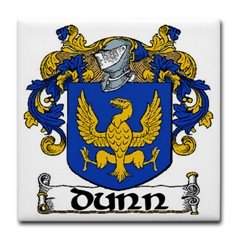8/20/10
Origin and History of the Surname Perkins
Mollie (Mary Elizabeth) Anderson Cash, wife of W.G. Cash, was my generation's GG grandmother. Her sister, Nannie Anderson Perkins, was the aunt of Leona Cash, our great grandmother.
Nannie married Samuel W. Perkins. His grandfather, Samuel Perkins [1788-1861], married Elizabeth Hart Perkins (they are my generation's maternal GGGGG grandparents), which is our connection to this family.
♦♦♦
Here's some info about the origin and history of the Perkins name.
"Recorded in the spellings of Parkins, Perkins, and the rare Purkins, this ancient surname is medieval English, but of Old French and ultimately Greek origins. It is a patronymic from the personal name 'Piers or Pierre' through the later Peter or Peterkin.
Introduced into Britain at the Norman Invasion of 1066, and also by the Crusaders of the 12th century on their return from the Holy Land, it consists of the basic 'Per or Par' with the two additive diminutives, 'kin', indicating close relationship, such as son, or nephew, and the plural 's', a shortened form of 'son'.
In its full length it is often recorded as 'Parkinson' and less so as 'Perkinson'. There is an occasional secondary origin from the French 'parc'. As such this was an occupational surname for a keeper of royal hunting grounds, known as 'The Parks'.
Early examples of the recordings include Robert Parkyn of Stafford in the County Rolls of 1327, and John Perkyn of Somerset, in the Hundred Rolls of 1380. Later recordings included John Perkins who married Penelope Vaughan at the famous church of St Dunstans in the East, Stepney, London, England, on March 24th 1599, and Sir William Perkins (also spelt Parkyns) who was executed on Tower Hill in 1696, for planning to assassinate King William III of Orange and England. The first of the name into America was James Perkyns, aged 42, who sailed from London to the colony of Virginea on January 2nd 1634 in the ship 'Bonaventure'.
Surnames became necessary when governments introduced personal taxation. In England this was sometimes known as the Poll Tax. Throughout the centuries, surnames in every country have continued to "develop" often leading to astonishing variants of the original spelling."
Source
Last updated 8/20/2010
Subscribe to:
Post Comments (Atom)



No comments:
Post a Comment